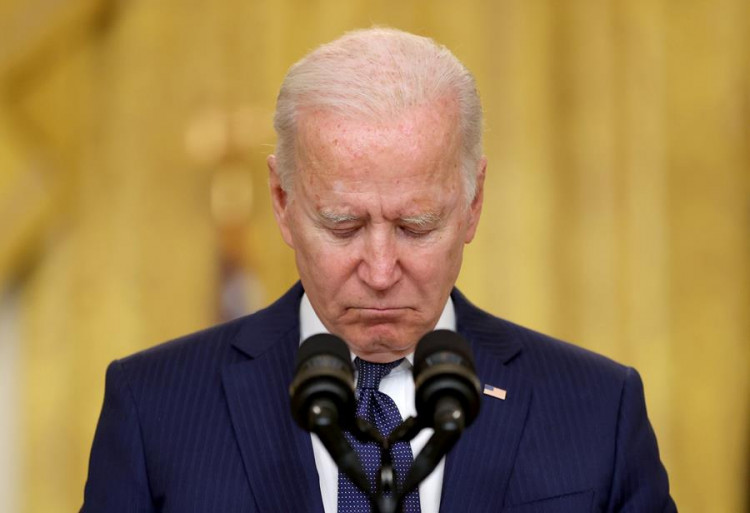A federal judge in Texas has put a temporary hold on a key immigration initiative from the Biden administration, known as "Keeping Families Together," after a lawsuit from 16 states. This move has sparked a heated debate over the legality and implications of the program, which aimed to provide a pathway to citizenship for undocumented immigrants married to U.S. citizens.
The program, launched by the White House, sought to offer a form of legal relief known as "parole in place" to undocumented spouses and stepchildren of American citizens who had resided in the U.S. continuously for at least a decade. Under the program, these immigrants could apply for green cards and work permits without having to leave the country, a significant change from the usual requirement to return to their home country for processing.
U.S. District Judge J. Campbell Barker's ruling on Monday places a 14-day stay on the program, effectively halting its implementation. The decision follows a lawsuit filed by Texas Attorney General Ken Paxton and attorneys general from 15 other states, who argue that the program contravenes federal law and encourages unauthorized immigration.
In his ruling, Judge Barker stated that the states' claims were "substantial and warrant closer consideration than the court has been able to afford to date." He emphasized that his decision to impose a temporary hold was based on a preliminary review of the arguments presented by the states.
The "Keeping Families Together" initiative, which began accepting applications on August 19, was estimated to potentially benefit around 500,000 undocumented immigrants. The Biden administration defended the program, stating that it was designed to address the long-standing issue of undocumented spouses and their prolonged separation from their families. The government characterized the allegations made by the suing states as "baseless" and argued that the program would not incentivize further unauthorized immigration.
Texas and the other states involved in the lawsuit, supported by the legal advocacy group America First Legal, contended that the program was unconstitutional and directly violated laws enacted by Congress. Stephen Miller, founder of America First Legal and a prominent figure in former President Donald Trump's administration, hailed the judge's ruling as a "huge victory."
The decision to block the program has elicited strong reactions from those who stand to benefit from it. Immigrants like Foday Turay, a prosecutor who arrived in the U.S. from Sierra Leone as a child and is married to an American citizen, expressed deep frustration and heartbreak. Turay, who is among those seeking to intervene in the litigation to support the program, described the judge's decision as "a knife to the heart," noting how the program was crucial for his family's future.
The legal battle surrounding the "Keeping Families Together" program highlights the broader contentious debate over U.S. immigration policy. The temporary hold imposed by Judge Barker could lead to a protracted legal fight, potentially reaching the U.S. Supreme Court. For now, while applications for the program can still be submitted, they will remain in limbo until the stay is lifted.






